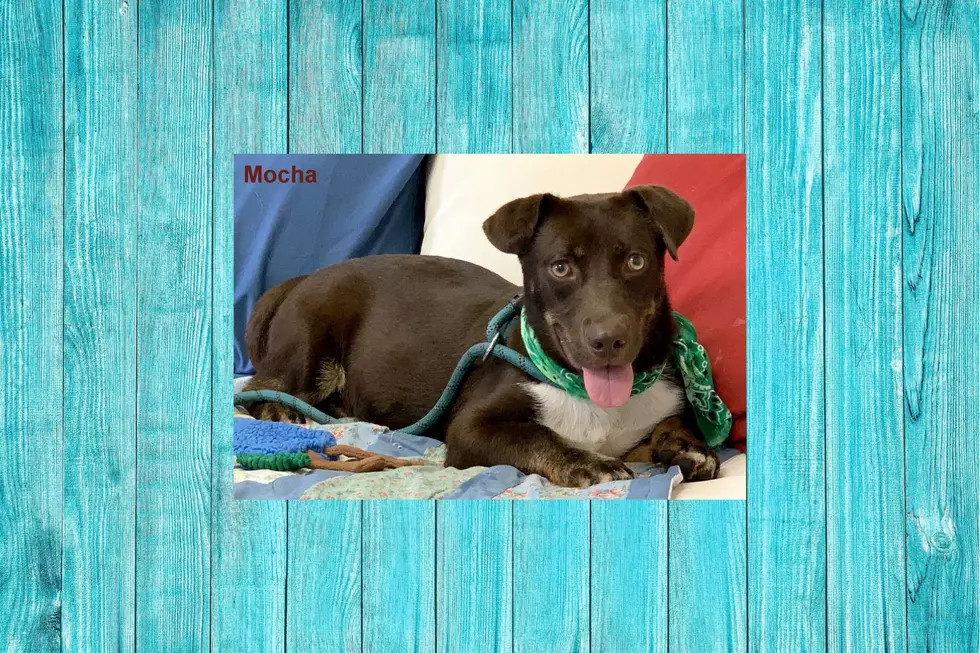
New Cancer Vaccine Tested On Dogs–Could Humans Be Next?
Dr. Stephen Johnston isn't an oncologist. He is a scientist though, at the University of Arizona's Center for Innovations in Medicine. And I tell you, he is definitely innovating. He recently launched a clinical study to test a new cancer vaccine on dogs across the country--hundreds of them. The goal is to determine whether or not the new vaccine prevents or delays the onset or growth of cancer. If it's successful, could humans be next?
CNN posted an article on Monday, June 24 in which Dr. Johnston stated that if the vaccine is found to be successful "it could lay the groundwork for developing a similar vaccine for humans."
He grants the fact that many in the field are skeptical that developing a vaccine to fight or prevent cancer has a slim chance of succeeding. Partially due the fact that, unlike infectious diseases, cancers tend to be quite individualized in every person and are able to mutate to dodge the human immune system. (Not a very comforting thought, is it?) However, Johnston says that if there's even a 10% chance, he believes it's worth it.
I can't help but agree. Cancer has been called the "emperor of maladies" for good reason. Nearly every single one of us has been affected in some way by cancer--whether its a struggle we've fought ourselves, or maybe it's a friend or loved one. Personally, I'm pulling for Dr. Johnston. Sometimes these are the very breakthroughs that, although initially seem like a long shot, could lead to a paradigm shift in a decade or two that could surprise us all.
Not to mention, I hope it works for our dogs, too.
Read more on this story here and feel free to leave your comments below.
More From KKTX FM









